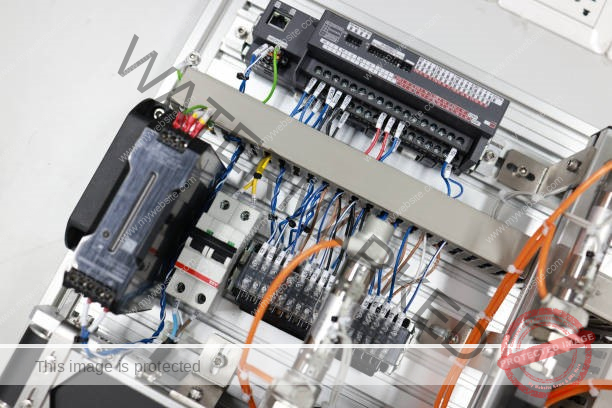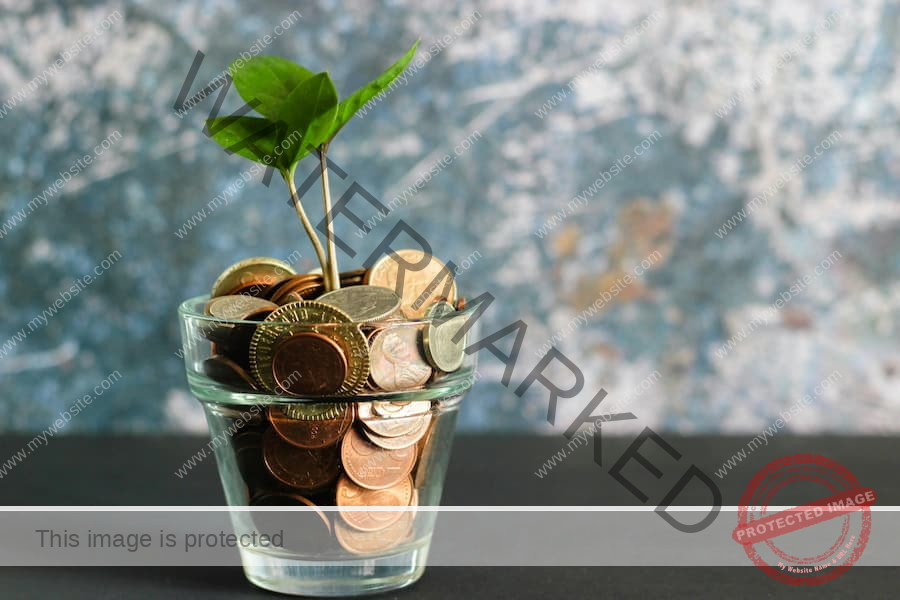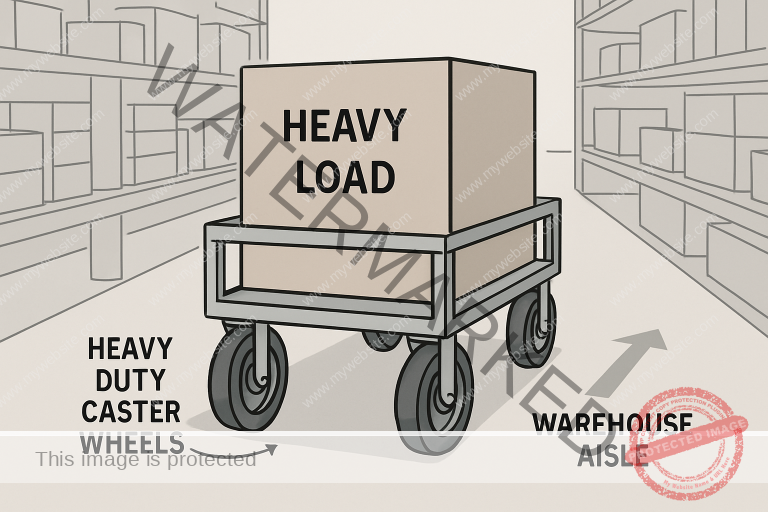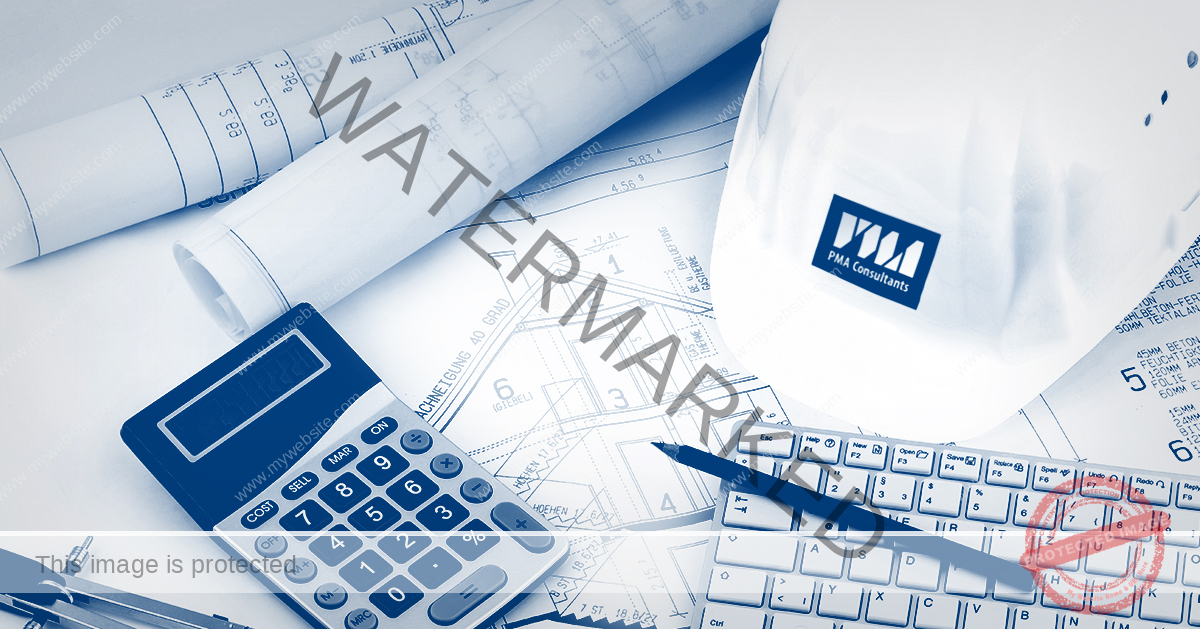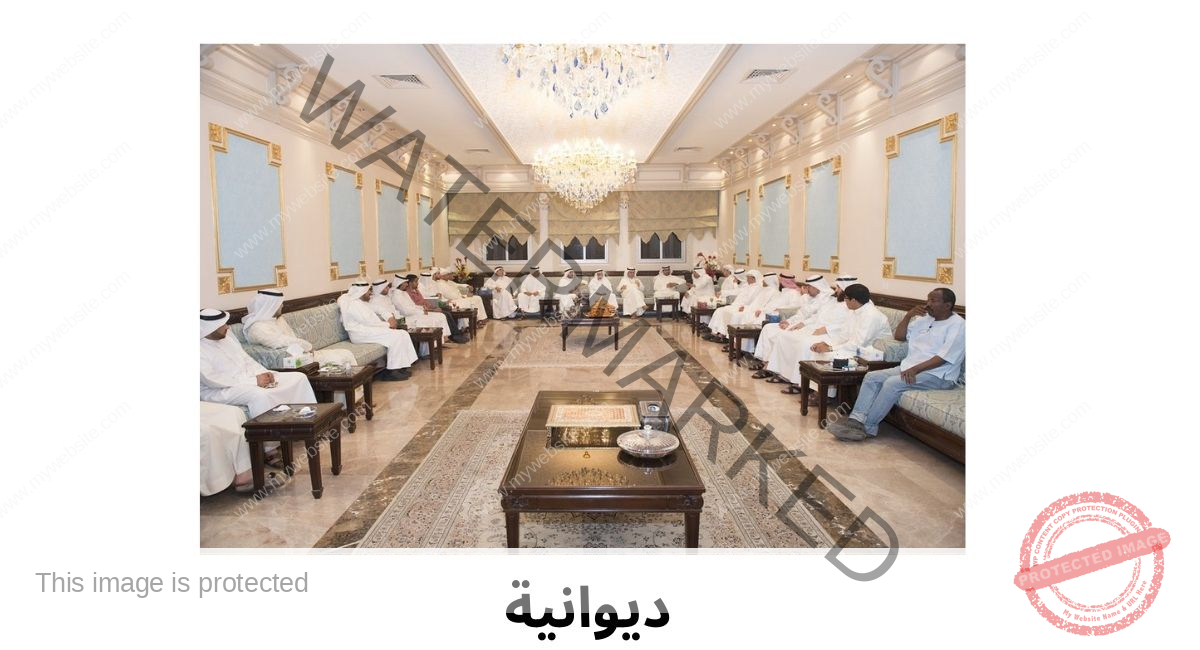If you’re working on large-scale lighting installations, running a lighting business, or outfitting commercial spaces, chances are you’ve had to source LED components in bulk. And while LED strips or fixtures get all the glory, there’s one behind-the-scenes hero you can’t afford to overlook: the LED power supply. Without it, none of your LEDs are going to shine.
And if you’re buying in volume? Then finding the right LED Power Supply Wholesale supplier becomes crucial—not just to save money, but to ensure stability, reliability, and safety in every lighting project you complete.
Now let’s quickly address this phrase the right way. Fixed version:
LED Power Supply Wholesale refers to the process of purchasing LED drivers and power units in large quantities from suppliers who specialize in bulk pricing, distribution, and often, direct manufacturing.
Now that we’ve cleared that up, let’s dig into what really matters—how and where to find reliable wholesale suppliers you can trust.
Why the Power Supply Matters (More Than You Think)
Before we jump into where to find suppliers, let’s take a second to appreciate why power supplies aren’t just “add-ons.”
A good LED power supply:
- Ensures stable voltage and current to your lights
- Protects against short circuits, overheating, and overloading
- Impacts the lifespan of your LED strips or fixtures
- Can support dimming, color-changing, and smart integrations
Cheap or mismatched power supplies? Those lead to flickering lights, early failures, and even fire risks. Not ideal—especially when working on large installs.
What Makes a Reliable LED Power Supply Wholesale Supplier?
There are many LED power supply wholesale out there—but not all are created equal. Before placing that bulk order, make sure your supplier ticks these boxes:
Offers Genuine Certifications
Look for certifications like UL, CE, RoHS, and FCC. These ensure the products meet international safety and quality standards.
Has a Wide Product Range
A good supplier should offer a variety of power supplies, including:
Constant voltage (12V, 24V, 48V)
Constant current (for LEDs with drivers)
Waterproof (IP65/IP67)
Dimmable (Triac, 0-10V, DALI, etc.)
Provides Bulk Pricing & MOQ Transparency
Are there minimum order quantities? What discounts kick in at what volumes? Transparent pricing is key.
Supports Custom Orders
Need a power supply that’s pre-wired or branded with your logo? Top-tier wholesalers offer that flexibility.
Offers Technical Support
Because let’s face it—sometimes specs are confusing, and you just need someone who knows their stuff.
Where to Find LED Power Supply Wholesale Suppliers
Now, let’s answer the real question: Where do you find these reliable wholesale partners? Here are your best options:
1. Online B2B Marketplaces (Alibaba, Made-in-China, Global Sources)
These platforms are full of suppliers, many of them direct manufacturers from China, Taiwan, and other manufacturing hubs.
Pros:
Competitive prices
Massive variety
Direct factory access
Cons:
Quality varies
Communication barriers
Risk of fake certifications
Pro tip: Filter by verified suppliers, request certifications, and always order a sample before committing.
2. Trade Shows and Lighting Expos
If you can attend international or regional lighting expos like Light + Building (Germany), Hong Kong International Lighting Fair, or LED Expo India, do it.
Pros:
Face-to-face trust building
Hands-on product testing
See the latest tech
Cons:
Travel costs
Time commitment
Still, it’s a fantastic way to meet real suppliers—not just middlemen.
3. Specialized Lighting Distributors
Some companies don’t manufacture, but they distribute only tested, premium products from reputable brands like Mean Well, Inventronics, Philips, or Osram.
Pros:
High-quality, name-brand products
Professional support and warranty
Technical datasheets included
Cons:
Slightly higher pricing
May require formal account setup
Perfect if you value stability and warranty support over price alone.
4. Direct From Manufacturers
If you’re ready to go all-in, connect with a manufacturer directly.
Look for companies like:
MOSO Power (China)
Inventronics (China)
ERP Power (USA)
Pros:
Best wholesale pricing
Product customization
Long-term partnership potential
Cons:
May require large MOQs
Long lead times
Import complexities (unless they have local warehousing)
5. Local Electrical & Lighting Supply Wholesalers
Don’t overlook your local supply chain. Many regional wholesalers carry global brands and can provide faster delivery and face-to-face service.
Pros:
Faster shipping
Easier returns
Strong after-sale service
Cons:
Higher price than overseas
Smaller selection
Best for smaller bulk orders or when you’re under time pressure.
Key Tips When Choosing a Supplier
Here’s a checklist before placing any wholesale order:
Request samples and test them with your LEDs
Compare specs: wattage, efficiency (85%+ is ideal), lifespan
Ask for warranty terms (2-5 years minimum is good)
Clarify lead times and shipping policies
Check for after-sales support and replacement processes
Read reviews or get references from other customers
This small due diligence upfront can save you thousands later.
FAQs: LED Power Supply Wholesale
Q1: What’s the best voltage to buy in bulk—12V, 24V, or 48V?
It depends on your LED system. 12V is common for shorter runs, 24V is more efficient for longer setups, and 48V is used in more industrial-grade applications.
Q2: Can I mix brands of LED strips and power supplies?
Technically, yes—but it’s not recommended. Always match voltage and wattage, and check for compatibility with dimmers or smart controls.
Q3: What’s the difference between constant voltage and constant current power supplies?
Constant voltage (CV): Common for LED strips—provides a fixed voltage.
Constant current (CC): Best for individual LED chips or fixtures—controls amperage.
Q4: Is it safe to import power supplies in bulk from China?
Yes, if you choose certified, reliable suppliers. Look for proper documentation, test reports, and customer feedback.
Q5: How can I avoid delays or customs issues with large orders?
Choose suppliers who offer DDP shipping, work with experienced freight forwarders, and always declare the correct HS codes.


